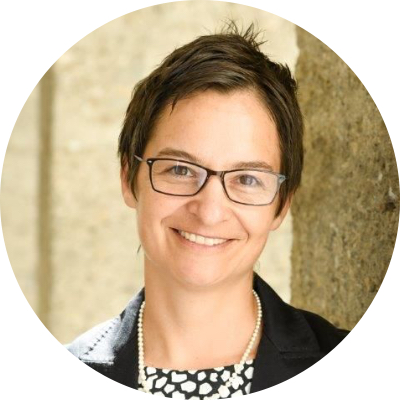Russian Conservatism
The research theme Russian Conservatism brings into focus the expertise on Russia and Russian Orthodoxy of Postsecular Conflicts Research Group members. We have contributed to a paradigm-shift in the study of Russian conservatism and Russian Orthodoxy by bringing out the importance of transnational influences on conservative intellectual trends in Russia. Moving beyond reductive approaches to Russian conservatism and letting behind ideological constructs of Russian traditionalism, our research spearheads the interpretation of Russian social and intellectual developments in the light of global trends and dynamics. The Postsecular Conflicts Research Group has hosted critical voices from the Russian academic spectrum and commits to an ongoing open dialogue and academic exchange.
The most important recent research achievement under this theme is the volume “Contemporary Russian Conservatism” edited by Mikhail Suslov and Dmitry Uzlaner, the first comprehensive study of the “conservative turn” in Russia under Putin.
Its fifteen chapters, written by renowned specialists in the field, provide a focused examination of what Russian conservatism is and how it works. The book features in-depth discussions of the historical dimensions of conservatism, the contemporary international context, the theoretical conceptualization of conservatism, and empirical case studies. Among various issues covered by the volume are the geopolitical and religious dimensions of conservatism and the conservative perspective on Russian history and the politics of memory. The authors show that conservative ideology condenses and reworks a number of discussions about Russia’s identity and its place in the world.
Publications
Journal Articles
- Agadjanian, Alexander (2017). Tradition, Morality and Community: Elaborating Orthodox Identity in Putin’s Russia, in: Religion, State and Society, Vol. 45(1), 39–60.
- Chapnin, Sergej (2016). Das Panorthodoxe Konzil ohne Russische Orthodoxe Kirche, in: Religion und Gesellschaft in Ost und West, (11), 11–13.
- Knorre, Boris (2018). "Die anti-ökumenische Rhetorik orthodoxer Fundamentalismen", in: Religion und Gesellschaft in Ost und West, (10), 11-13.
- Stoeckl, Kristina (2017). Russland als Verteidiger traditioneller Werte? Eine Idee und ihre Grenzen Forschungsstelle Osteuropa, Zentrum für Osteuropa- und internationale Studien (ZOiS) gGmbH, Deutschen Gesellschaft für Osteuropakunde e.V. (Hrsg.):, in: Russland-Analysen, (335), 5–8.
- Stoeckl, Kristina (2017). The Russian Orthodox Church’s Conservative Crusade, in: Current History, Vol. 116(729), 271–276.
- Stoeckl, Kristina (2018). Tri modeli tserkovno-gosudarstvennykh otnoshenij v sovremennoj Rossii [Three models of Church-State Relations in Contemporary Russia], in: State, Religion and Church, Vol. 3(36), 219–246.
Book Chapters
- Stoeckl, Kristina (2020). Three Models of Church-State Relations in Contemporary Russia, in: Mancini, Susanna (Hrsg.): Constitutions and Religion, Research Handbooks in Comparative Constitutional Law Series. Cheltenham, UK ; Northampton, MA: Edward Elgar Publishing Limited, 237–251.
- Uzlaner, Dmitry (2018). The End of the Pro-Orthodox Consensus: Religion as a New Cleavage in Russian Society, in: Koellner, Tobias (Hrsg.): Orthodox Religion and Politics in Contemporary Eastern Europe: On Multiple Secularisms and Entanglements, religion, society, and government in Eastern Europe and the Former Soviet States. London ; New York: Routledge, 173–192.







